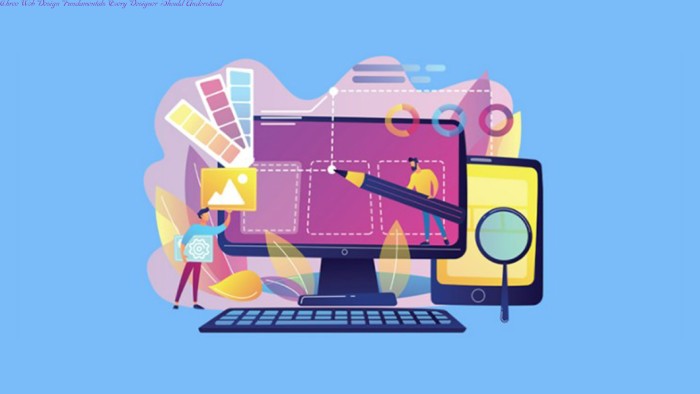Internet security is a significant issue, given the rapid development of Internet technologies. Something you hear a lot about these days when it comes to cybersecurity is VPN. There are many different VPN providers out there, and some of them advertise their service as free. Let’s scratch the surface and discover what’s behind so-called free VPNs providers. In this article we will let you know about are free VPNs safe.
Table of Contents
Nothing is free
As the saying goes, you are the product if you get something for free. Of course, some of them might allow you to use their far-from-cheap infrastructure to promote their products and make you a paying customer.
Other providers may show you ads to fund what they give you for free. However, there is always a high chance that free VPN providers will collect your data and use or sell it for financial gain in the future. Studies have shown that a third of free VPNs have built-in trackers.
Phishing attacks
Speaking of ads, it’s also essential to make a distinction. Exposure to advertisements for legitimate products and services is one thing; seeing those promoting shady websites is another. With this in mind, some VPN providers allow the upselling of contextual ads.
These ads have great potential for phishing scams that can infect your device in no time. In addition, you endanger the device and any local network it is link near. Typically, this attack ends up with hackers demanding a ransom to gain access to the network and devices.
Restricted Access
While using a VPN may be driven by the motivation to access websites you don’t usually have access to, the actual outcome may be different. Most publicly available free VPN services add up with multiple databases, and website owners can block access to their platforms from these addresses.
Some platforms may consider it a violation if these VPNs are blocked and you try to access the content you usually do not have access to. Using a free VPN is easy to spot, which means governments and businesses will effortlessly restrict your ticket. which could be your motivation for using the VPN in the first place.
Contagious Networks
Some Free VPNs May Have Malware On Your Network! It is quite a shock to an average user, but studies have shown that more than a third of free VPNs have at least one piece of malware on the network.
VPN stands for Virtual Private Network, and in the case of free and unregulated VPNs, virtually anyone can access the network. If the provider is not motivating to take care of its users’ security, malware will probably appearing.
Suspicious regulations
When choosing a digital service provider, it is essential to consider the company behind it. If you do a little research, you can find an offshore company with the freest VPN providers who are virtually free from compliance with internet laws.
That means that as a consumer, you have almost no rights and are on your own in the event of hacking, fraud, or any other problematic situation. Compared to trust VPN providers that are registered and regulated, free VPN providers secretly avoid lawsuits by being outside the jurisdiction of countries with strict laws.
Conclusion
Regardless of what motivates you to use a VPN, remember that these services are only as reliable as the company behind them.
Free VPNs often come with shady companies with even more flimsy intentions that will make your money worth it sooner or later. Choose a relevant and trustworthy provider that protects your privacy and data to avoid this.
Also read: OFC Meaning
Also read: Personal Injury Lawyer maryland
- Drones: Basic Uses, Information, Features & More – 2024 - April 9, 2024
- When to Use Asymmetric vs Symmetric Encryption - April 8, 2024
- 7 Key Benefits of opting .NET for Web Development in 2024 - April 6, 2024



